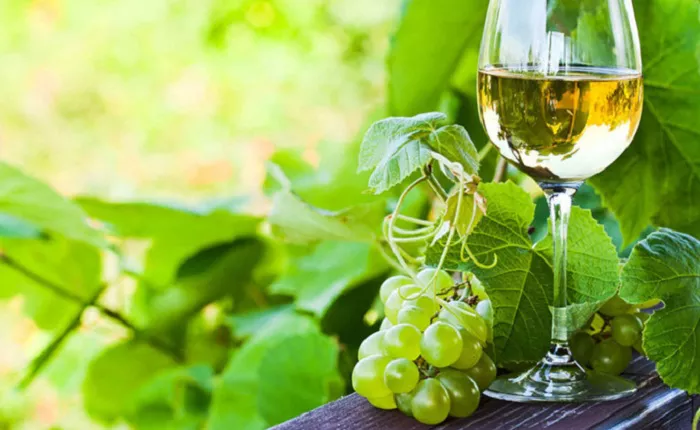A federal court has ruled that former President Donald J. Trump exceeded his legal authority when he imposed sweeping 10 percent tariffs on wine imports from nearly every country. The decision, issued on May 28 by a three-judge panel of the U.S. Court of International Trade in Manhattan, temporarily halts a key component of Trump’s broader trade policy, which has raised costs on imported wines in the United States.
The court rejected the administration’s use of the International Emergency Economic Powers Act (IEEPA) as justification for the tariffs, including those announced on April 2—referred to by the administration as “Liberation Day” tariffs—and earlier levies targeting China, Mexico, and Canada. The administration had framed these actions as a response to the nation’s fentanyl crisis and ongoing trade imbalances.
However, just hours after the lower court’s decision, a federal appeals court granted a stay, allowing the tariffs to remain in place while the administration prepares its appeal. The legal battle could escalate to the U.S. Supreme Court.
The lawsuit was filed by VOS Selections, a New York-based wine importer, in partnership with four other small businesses. All are represented by the Liberty Justice Center. VOS founder Victor Schwartz welcomed the court’s decision, calling it “a win for my small business along with small businesses across America—and the world for that matter.” He affirmed the group’s commitment to pursuing the case through the highest judicial levels.
At the heart of the legal dispute is whether the IEEPA, a 1977 law granting the president broad powers during a national emergency, authorizes the use of tariffs. Historically used to regulate financial transactions and sanctions, the statute does not explicitly reference tariffs, and no prior administration has invoked it for that purpose.
In their decision, the judges stated unequivocally: “IEEPA does not authorize any of the worldwide, retaliatory or trafficking tariff orders. The worldwide and retaliatory tariff orders exceed any authority granted to the President by IEEPA to regulate importation by means of tariffs.”
The Trump Administration maintained its stance in a statement issued by spokesperson Kush Desai: “It is not for unelected judges to decide how to properly address a national emergency. President Trump pledged to put America First, and the Administration is committed to using every lever of executive power to address this crisis and restore American greatness.”
If the lower court’s ruling is eventually upheld, not only would the tariffs be lifted, but businesses that paid them could be eligible for refunds. Until then, the uncertainty persists for wine importers and distributors.
VOS Selections, founded in 1987 and operated by Schwartz and his daughter Chloe, imports wines from small producers in France, Italy, Spain, and other countries. The company, like many small importers, has previously endured tariff impacts, but Schwartz has argued that the latest measures are especially burdensome.
Since January, the wine trade industry has faced instability over fluctuating tariff rates and unclear policy timelines. Ongoing negotiations between the White House and foreign governments are underway, with a looming July 9 deadline. Absent any new trade deals, wines from the European Union could face tariffs of 20 percent or more.
The industry remains in a state of flux, awaiting the final outcome of this pivotal legal challenge.
You Might Be Interested In:


